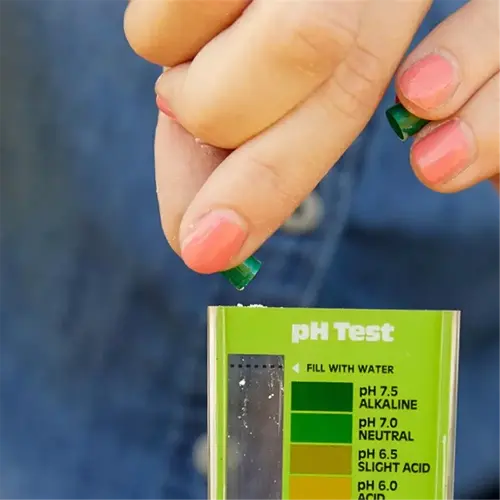What soil additives boost vegetable growth?

Written by
Paul Reynolds
Reviewed by
Prof. Samuel Fitzgerald, Ph.D.Soil amendments turn unhappy gardens into happy beds. A client's pepper plants grew twice as many peppers after we tilled in compost in their clay soil. Organic matter feeds soil microbes, enhances drainage and oxygen in the soil, and buffers the soil pH. Do not use synthetic alternatives, although they are a quick fix, they will only worsen soil health over time.
Compost
- Apply 2-3 inches per square foot annually
- Mix into top 6 inches of soil
- Use leaf mold for acidic crops like blueberries
Bone Meal
- Provides phosphorus for root development
- Apply 1 cup per tomato plant at planting
- Avoid overuse, excess harms mycorrhizal fungi
Kelp Meal
- Adds 60+ trace minerals
- Mix ½ cup per sq ft into soil
- Boosts drought resistance in leafy greens
Worm Castings
- Enhances microbial diversity
- Top-dress with ¼ inch monthly
- Steep in water for nutrient tea
Fresh manure poses food poisoning risks, specifically E. coli. A client of mine harvested spinach after applying uncomposted cow manure. Always let manure "age" for 6-12 months. Only apply to empty beds 120 days before harvesting for edible plants. If applied fresh, chicken manure is high in nitrogen and can burn roots.
Compost Tea
- Brew aerated tea for 24-48 hours
- Apply as foliar spray or soil drench
- Avoid anaerobic methods (smell indicates failure)
Soil Testing
- Test pH and N-P-K levels annually
- Adjust amendments based on deficits
- Retest 4 weeks after application
Consistency trumps quantity. A client was adding small amounts of worm castings weekly, her tomato plants were blight-resistant and produced 20% more. Testing the soil on an annual basis helps to adjust your methods. Healthy soil produces resilient plants, not just larger plants.
Read the full article: Spring Garden Preparation: 10 Expert Tasks for Success

